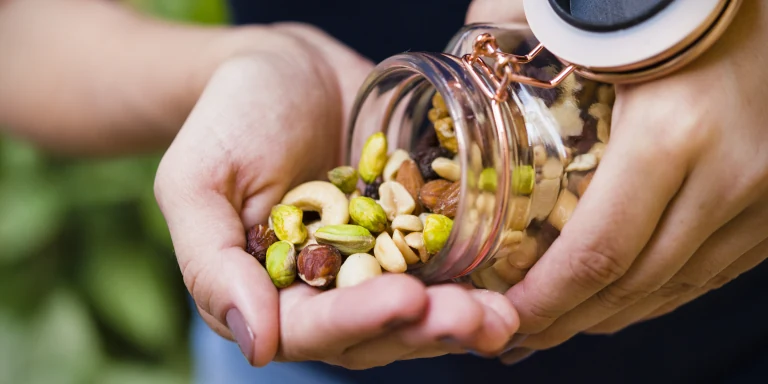
How can you prevent iron deficiency?
Iron deficiency can decrease performance and depress your immune system. Eating foods containing iron can prevent this from happening. However, in most cases, you’ll need to do more if your iron stores are completely depleted.
If our bodies have too little iron, the cells and organs won’t receive enough oxygen. This will make us feel tired, exhausted and depressed. The right diet can help ensure sufficient iron stores.
Meet your daily iron requirements
The amount of iron you need depends on your gender, age and stage of life. The following rough guidelines apply:
- Men: 10 mg daily – this is the amount contained in 400 g of wholemeal bread or 125 g of dried lentils, for example.
- Women: 15 mg daily – women need more iron because they regularly lose blood as a result of menstruation.
- Pregnant women: 30 mg/nursing women 20 mg daily – pregnant or nursing women need a lot of iron and usually receive a prescription for iron supplements. It is difficult to get such amounts from food alone.
Iron-rich foods that can help prevent a deficiency
The best way to prevent an iron deficiency is to eat a balanced diet. However, anyone who already has an iron deficiency will find it difficult to replenish their iron stores with iron-rich foods alone. Iron supplements will usually be needed in this case. These are available in the form of tablets or drops.
These foods contain a significant amount of iron:
- Red meat
- Blood sausage
- Liver
- Legumes (peas, lentils, soya)
- Dried fruit
- Nuts
The myth of spinach as an iron bomb is difficult to dispel. Compared with other leafy vegetables, it does contain a lot of iron, but the oxalic acid in spinach prevents us from absorbing the iron – making it practically useless. However, spinach provides valuable vitamins and minerals. Which is why you should never look at foods in isolation – diversity is the key. It makes no sense to consume only foods containing iron.
|
|
|
|
|
|
|
|
|
|
|
|
|
|
|
|
|
|
|
|
|
|
|
|
|
|
|
|
|
|
|
|
|
|
|
|
|
|
|
|
|
|
|
|
|
Blood sausage
30 mg
Fried pork liver
13 mg
Dry-cured meat
4 mg
Egg yolk
5,5 mg
Soybeans
6,6 mg
Tofu
5,4 mg
Oats
3,8 mg
Wheat bran
16 mg
Pumpkin seeds
9,1 mg
Almonds
4,2 mg
Dried apricots
5,2 mg
Salsify, steamed
3,1 mg
Spinach
2,8 mg
Lamb’s lettuce
2,1 mg
Potatoes
0,4 mg
Iron values according to the Swiss Food Composition Database (naehrwertdaten.ch)
These foods promote iron absorption
- Our bodies can absorb iron from animal products better than iron from plant sources.
- Acids improve the absorption of iron from foods containing iron. For this reason, medications used to inhibit gastric acid secretions are iron robbers.
- Vitamin C helps with the absorption of iron. Fruit and vegetables high in vitamin C include: hot peppers, cabbage, oranges, kiwifruit.
Tip: Drink a glass of orange or sea buckthorn juice 30 to 60 minutes before or after eating a meal containing iron.
Vegetarians and vegans can meet their daily requirements with a balanced diet as well. The plant foods containing the highest amounts of iron are legumes like chickpeas, lentils and soybeans. If you’re not sure, seek advice from a professional. In certain cases, basic insurance will cover the cost of nutrition counselling. Your doctor will have more detailed information.
Nutrition courses – covered by Helsana
The best way to prevent iron deficiency is to eat a balanced diet. Personal nutrition counselling can help you with this. COMPLETA supplementary insurance assumes 75% of the costs for SVDE nutrition courses up to CHF 200 per calendar year.
These foods prevent iron absorption
Some foods disrupt iron absorption in the digestive tract. These include calcium, above all. You should therefore avoid consuming dairy products alongside foods containing iron.
Another iron robber are so-called polyphenols and tannins, which are found in black tea, green tea, coffee, red wine and grape juice. Cola also prevents iron absorption.
Tip: It’s better to drink black tea or coffee an hour after eating a meal containing iron. Or let your tea steep for just two minutes – this will result in lower tannin levels.
When is it necessary to treat iron deficiency with medications?
Treatment is necessary if you already have iron-deficiency anaemia. If you are iron deficient, but do not have anaemia, treatment with iron tablets is only advisable when you have symptoms. However, in the absence of such symptoms, it will suffice if you eat a more iron-rich diet. It may be necessary to adjust your diet. Talk to your doctor about it.
When is an iron infusion necessary?
An iron infusion should only be considered as a second option. This is because it is better for the body to fill its iron stores slowly. Treatment can therefore last several months. Iron tablets can cause gastrointestinal issues in some people – or iron levels may not increase sufficiently. An iron infusion may be needed in such cases. The same is true for women who are pregnant as well as patients with a chronic bowel disease.
Do you think you have an iron deficiency?
Are you tired during the day? Or do you feel worn out or unable to concentrate? Do not take iron supplements without a diagnosis. There may be other reasons for the way you feel. An iron deficiency should only be treated under medical supervision. Schedule an appointment to see your general practitioner.
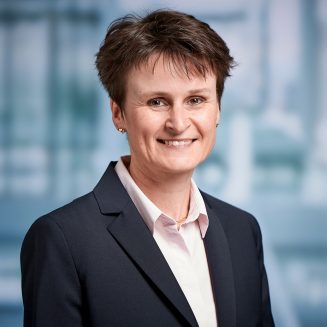
The expert in this field provided the editorial team with advice and input for this article. Eliane Wyss (medical assistant and nutrition coach) works in the Helsana health consultation service. She supports customers on questions to do with nutrition and other health topics.
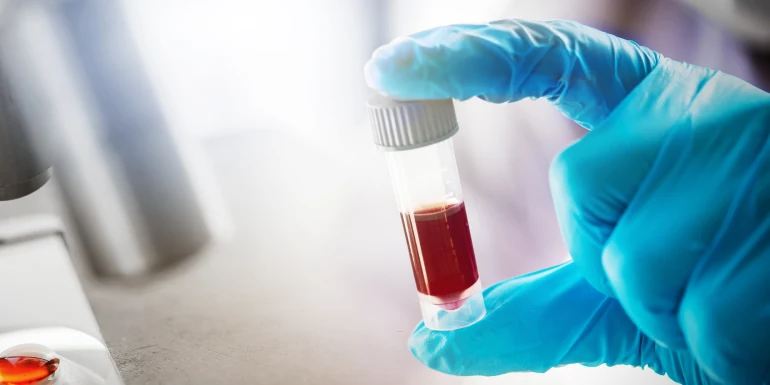
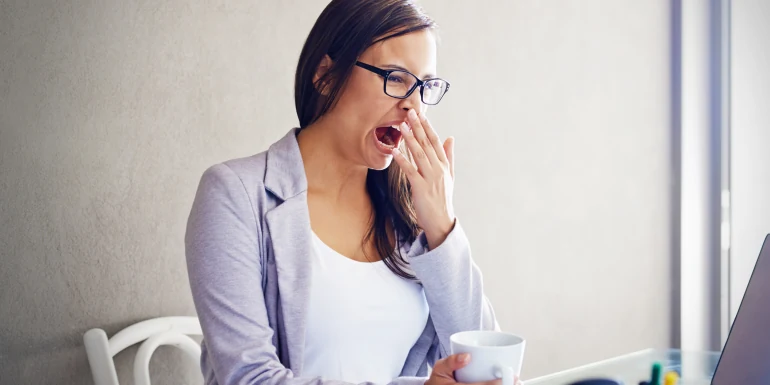
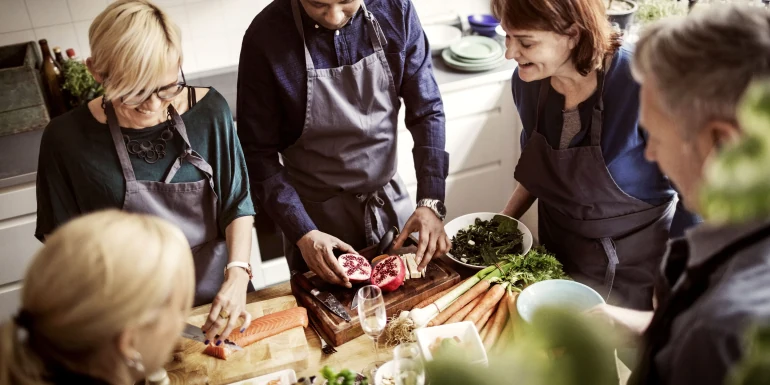
Newsletter
Find out more about current health issues every month and get all the information you need about our attractive offers from all Helsana Group companies * delivered by e-mail to read whenever it suits you. Our newsletter is free of charge and you can sign up here:
We did not receive your information. Please try again later.
* The Helsana Group comprises Helsana Insurance Company Ltd, Helsana Supplementary Insurances Ltd and Helsana Accidents Ltd.